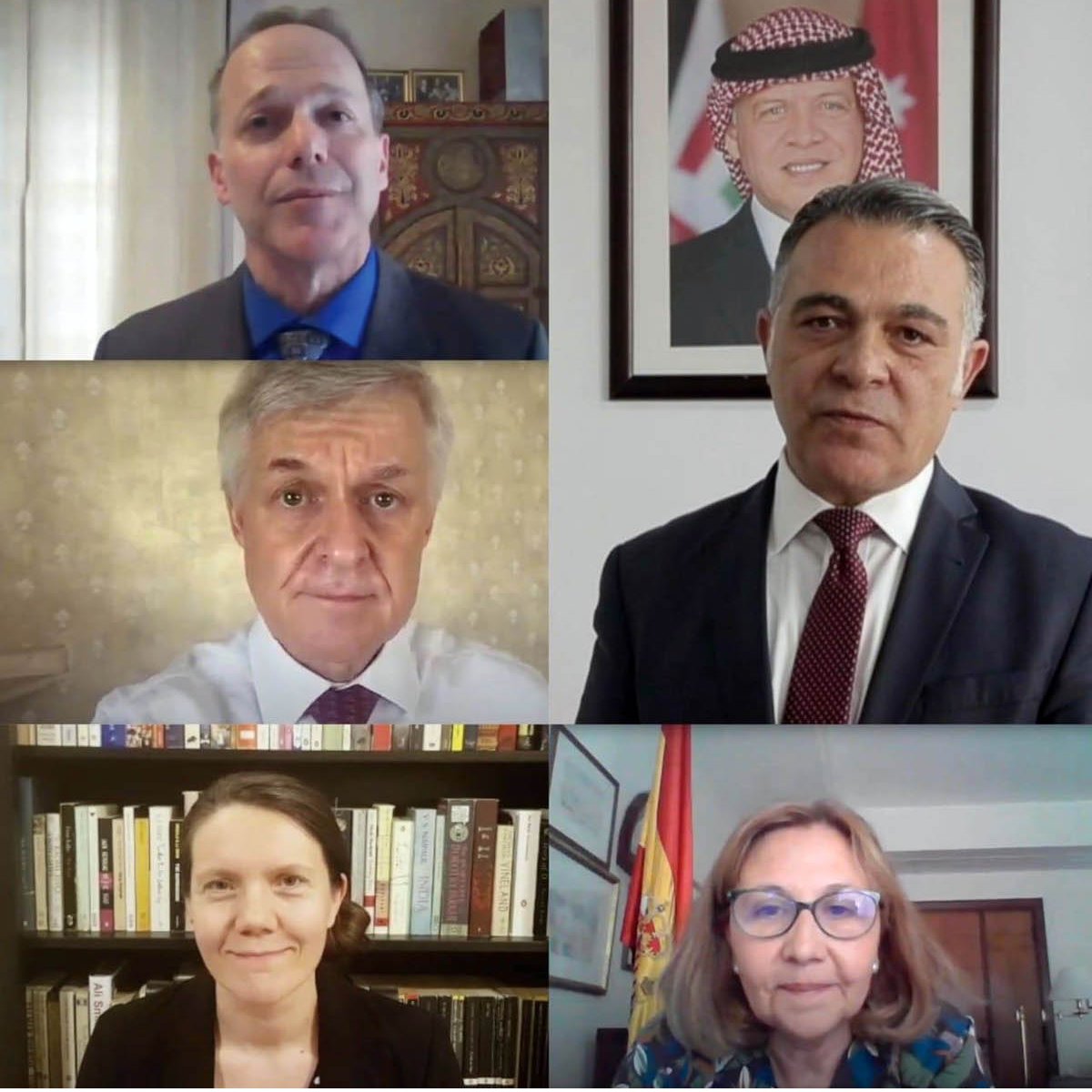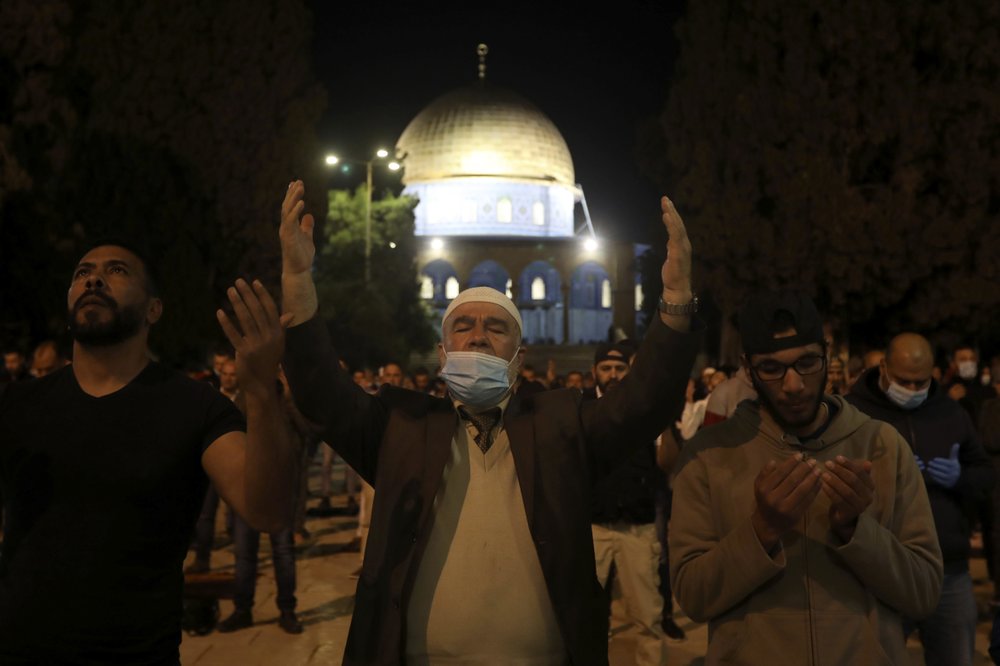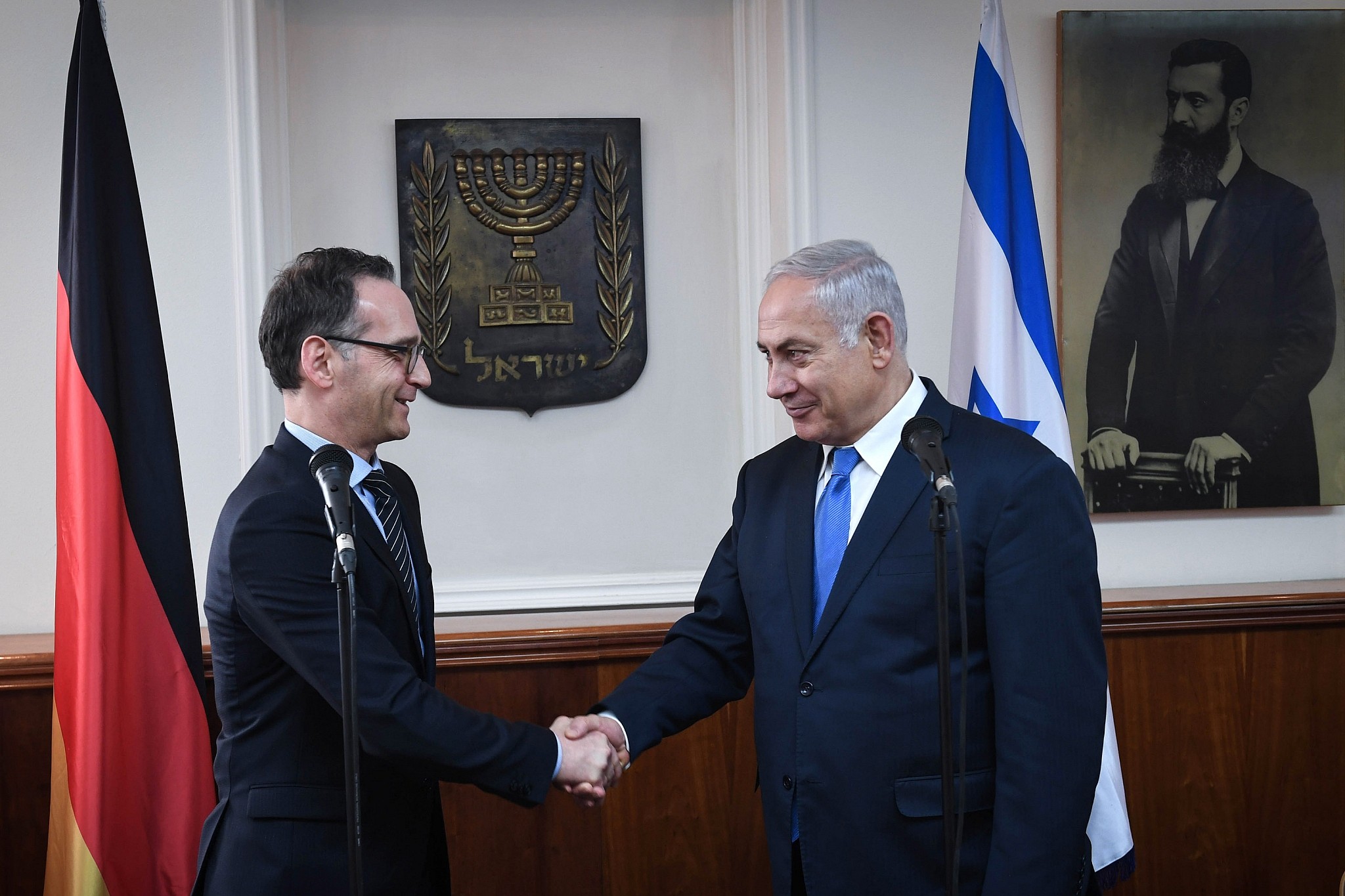The hard-hitting after-effects of the COVID-19 pandemic on the poorest and most vulnerable has prompted the international government aid agencies of the United States, the United Kingdom, and Spain to band together to support stability in Jordan.
On Thursday, US Aid Agency (USAID), UK Department for International Development (DFID), and Spanish Agency for International Development Cooperation (AECID) announced they, in partnership with Jordan’s Ministry of Planning and International Cooperation, were coming together to create a new multi-donor account.
USAID said it will contribute $20 million to the fund, while the UK will give $6.17 million to the account that is to be administered by Jordan’s National Aid Fund (NAF).
The British Ambassador to Jordan, Edward Oakden, noted, “In a crisis, it is so often the poorest and most vulnerable who are hardest hit.” The funds will help those most affected in the form of emergency cash and allowances to cover necessities like transportation and electricity through Jordan’s NAF.
Preserving Jordanian resilience
Jordan’s Minister for Planning and International Cooperation Wissam Rabadi welcomed the renewed support, saying it would help “further strengthen our national system and assist our efforts towards self-reliance.”
“We are grateful to the Governments of the United States, the United Kingdom, and Spain for their generous and invaluable support towards this multi-donor account, which reflects a true understanding of the mounting challenges facing Jordan in light of regional crises, as well as the impact of the COVID-19 pandemic on the Jordanian economy,” the minister said on June 18.
“The overarching purpose of this program is to expand and improve the poverty-targeted social assistance programs operated by the National Aid Fund and strengthen their ability to respond to emergencies, including the COVID-19 crisis, with the ultimate goal of alleviating the effects of poverty in Jordan. Moving forward, we aspire to further strengthen this partnership by encouraging other donors and international partners to join this effort,” Rabadi added.
“No country can tackle the COVID-19 crisis alone,” the British ambassador said. “With this support, we are standing up together for the weakest in society, while also buttressing Jordan’s economic resilience.”
The USAID Jordan Mission Director Jim Barnhart added that the new agreement was proof that even in moments of crisis, the international community should remain committed to ensuring partners like Jordan are strengthened with ongoing assistance.
“The joint financing arrangement for the National Aid Fund establishes the third such multi-donor fund that accelerates Jordan’s path toward self-reliance by working through the Jordanian governmental system,” Barnhart tweeted after the announcement.
“We are devoting our efforts to joining common initiatives like this one, based on solidarity and aligning resources behind Jordan’s leadership in order to achieve a real impact,” he added.
The Spanish Ambassador to Jordan, Aranzazu Banon Davalos, hailed the collaborative and local-led nature of the new agreement, saying, “We are devoting our efforts to joining common initiatives like this one, based on solidarity and aligning resources behind Jordan’s leadership in order to achieve a real impact.”
“Spain, as part of the EU, and as a close and committed partner to Jordan firmly believes that working together with other donors and the Government of Jordan is the best way forward in order to be successful in the common endeavor to overcome the crisis leaving no one behind,” the Spanish Ambassador added.
Jordan borders Syria, Iraq, and Israel and has become a mecca for people fleeing violence and economic upheaval in its region. It now hosts 750,000 refugees, the second-highest number in the world in comparison to its population.
Although relatively economically resilient compared to many of its neighbors, like all countries worldwide, its economy has taken a dive due to COVID-19.
The latest injection of American, British, and Spanish funds demonstrates the international community’s keen interest in ensuring Jordan remains a beacon of political and economic stability in a troubled part of the Middle East.
Read also: Inside a Drastic Lockdown : Living and Working through Confinement in Jordan





